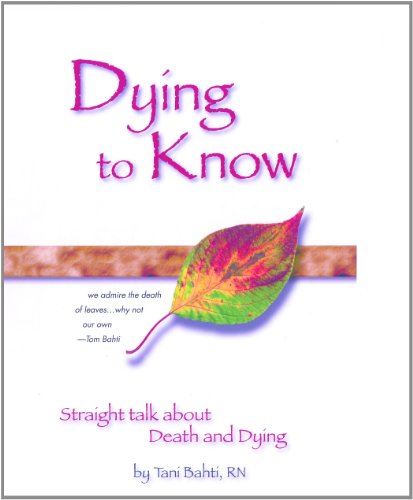Some clients ask if dehydration is painful. It’s no picnic if you are an otherwise healthy individual stranded in the desert in mid-August. The result can be cramping, extreme nausea and seizures. But a natural death caused by old age or disease produces natural dehydration. What is natural dehydration?
Most people declare they feel comfortable and merely ask for ice chips. A dry mouth does not indicate dehydration but can be the results of narcotics or other medications. In the process of natural dehydration, the body does not want extra fluid. Extra fluid requires the heart to work harder in your loved one. As a result, it begins to store that extra fluid in the feet, hands and backside.
The following are benefits of natural dehydration:
- Less gastric secretions reducing the effects of nausea and vomiting;
- Less ascites (abnormal fluid collection in the belly);
- Less swelling in the extremities;
- Less lung congestion;
- Less frequency in incontinence;
Natural dehydration keeps one comfortable and stimulates endorphins to promote a sense of well-being.
Dying To Know, Tani Bahti, RN, Pages 29 and 30.
What about Natural Death and the oxygen process?
Breathing typically diminishes as we near death — it’s natural. The good news is that your body’s wisdom and protection mechanisms are triggered to bring you comfort. Medications may be administered to those loved ones who have a sense of short breath that bring on anxieties. The use of these medications, oxygen, calming music, a small fan blowing in their face can all be beneficial supports.
 As breathing diminishes, many times the oxygen level is increased by hospital personnel at the request of family members. This can prolong the dying process and create discomfort. When the oxygen level is reduced and carbon dioxide increases in the body, a bodily mechanism keeps your loved one comfortable called oxygen narcosis. Oxygen narcosis promotes a sense of calm as the loved one slips into a coma. This is a good thing as the struggle to breathe leaves and breathing becomes easier in restful sleep. Using a high tech oxygen mask or increasing the oxygen level only delays this natural and peaceful process.
As breathing diminishes, many times the oxygen level is increased by hospital personnel at the request of family members. This can prolong the dying process and create discomfort. When the oxygen level is reduced and carbon dioxide increases in the body, a bodily mechanism keeps your loved one comfortable called oxygen narcosis. Oxygen narcosis promotes a sense of calm as the loved one slips into a coma. This is a good thing as the struggle to breathe leaves and breathing becomes easier in restful sleep. Using a high tech oxygen mask or increasing the oxygen level only delays this natural and peaceful process.
Dying To Know, Tani Bahti, RN Page 33.
These comments and recommendations by the author will hopefully offer some positive action when one is losing a loved one to terminal illness. Comfort is key along with a good, knowledgeable hospice staff.